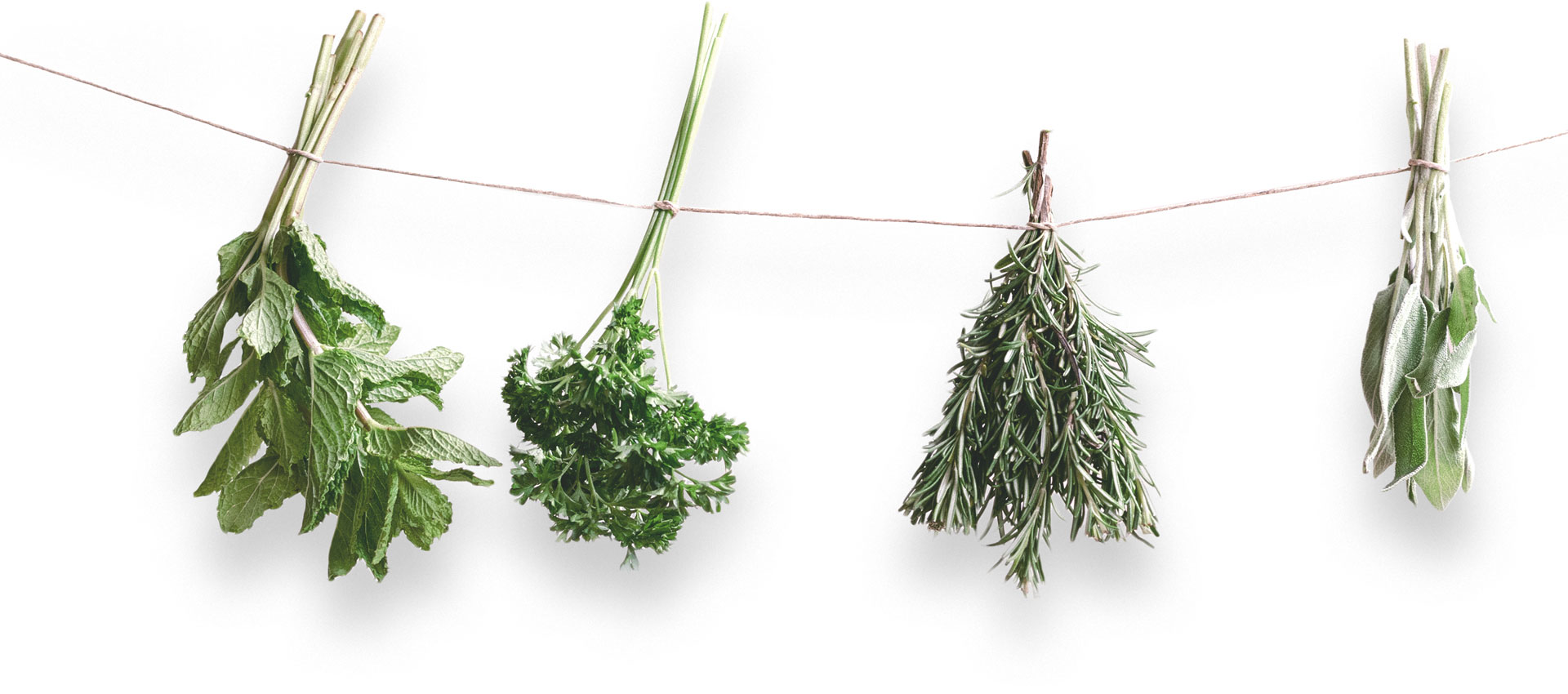Blog
Grief is not a Dirty Word

There are seven stages of grieving. While all stages need to be transitioned through, the grieving cycle doesn’t necessarily have to be linear, and often isn’t. We can move through a few stages, then end up back at a previous stage. And that is OK. Grieving will be for you what you need it to be. There is no weakness in grieving. It is a process that helps us to grow both personally, emotionally and spiritually. It reminds us to be grateful for what we have had, and also grateful for what we continue to have. It provides a time to reflect on how we are feeling, how we have felt and how we want to feel in the future. While this may be scary, it’s OK. Make sure you have support and someone to talk to, whether family or friends, a holistic coach who you trust, and there are always registered psychologists who are there for you too. Be guided by what feels right for you.
So what are the seven stages? Let’s go through them.
- Shock and disbelief
- Denial
- Guilt
- Anger and bargaining
- Depression, loneliness and reflection
- Reconstruction and walk through
- Acceptance
It’s natural to feel shocked when you learn about a loss. You don’t want to believe it. Surely it can’t be true. The pain that comes at the beginning is something we don’t want to feel, or let ourselves feel. We can feel overwhelmed. We can feel our heart rate elevate, we can feel ill, the stress response will well and truly kick in. The stress response is a necessary part of what keeps us alive, although staying in that place long term is not good for anyone. This stage will take time, and that’s OK. Some will move through this quickly, others won’t. Allow yourself the time and space to do it.
Denial can be many things. It can be a feeling of the loss being a short term issue, when you truly know it isn’t. It can provide a great wall to hide behind to help shield you from the pain and the overwhelm. It can also help us pace ourselves with the feeling of pain and allow us to process at a rate that is right for us. Embrace the grace that comes with denial. It is there to help mediate our emotions and help us along our path at a rate we can manage.
Guilt can manifest in different ways. Guilt of regret, things you wish you said or did at the time, that you cannot change. A wish to change the past, to avoid the present emotion. Guilt can increase the pressure you put on yourself and this will also have negative physiological impact. I think guilt can also come with survival, wondering how you made it through and others didn’t. An example I think of here is the sinking of the Titanic. Imagine how the survivors felt when realising how many had died, many of them family and friends too. In time, letting go of guilt will help the healing process. We all do the best we can with what we have at the time, and it is good enough.
Anger is an incredible emotion and also a necessary journey. Often this can be directed at someone else to help alleviate the guilt we can feel. Anger can be a great motivator if used correctly. Anger should never be used to harm others, or yourself. This stage can be a time when damage to other relationships can manifest. In this stage also comes bargaining. Thoughts such as, ‘I’ve been through enough, give me a break.’ Even bargaining with a higher being that if you change your ways, things will be ok. If/then thoughts can have an affect of increasing anxiety, so be kind to yourself. This is another opportunity to embrace and allow your body to heal.
During this stage we are brought more to the present. We can feel lonely, sad and depressed. This is where we start to move towards understanding that things can’t change back, that a new normal is coming. This is our time to reflect on where we are and where we want to be. We will still feel the loss and the pain may feel more manageable.
As time goes by, you will start to feel more connected and functional again. It doesn’t mean the feelings have gone, just that they have a place and you can manage and understand where you are now, and where you are going. You will focus more on what is ahead, rather than what is behind.
The final stage. This is where you will start to accept the loss and move on. You won’t forget, and shouldn’t, these are important journeys for us to take. You will feel able to manage the emotion, maybe talk about them more openly, and be able to find peace.
While the seven stages are easy to follow, particularly for the loss of a loved one, where else is grief showing up?
As women age, many things change for us. Hormones, how our body works, how we perceive ourselves, changes in relationships with friends and family, to name a few. The grieving process will be evident here as well.
After speaking with a mentor earlier this week, this was brought home to me in a way I hadn’t realised or connected with. I have been weight training since I was 15 and have been actively training and teaching group fitness for years. With the unusual amounts of stress that is just part of my life, I kept going physically when I really should have listened to myself and stopped. I developed a significant hip injury late last year that stopped me from training and teaching. Instantly. The pain made daily activities excruciating and I had trouble just walking. From viewing myself as fit and healthy, I was looking down the barrel of a hip replacement. I remember thinking I wasn’t old enough to be old.
I rested, didn’t engage in my rehab properly or for long enough and early this year I did start modified training again. I love training, it’s part of my soul. I had a major dint in my ego as I was no where near where I used to be. I thought I accepted that at the time, but in hindsight, not so much. My body screamed back at me with a heart issue this time. I was barely able to walk around the house and I stopped a lot of the work I was doing as I simply couldn’t manage it.
As I was starting to realise how bad I was, I did listen to my intuition and enrolled in a Meditation Teacher training course. This was really for me. A way to make me stop, ground myself and nurture my body, mind and soul. I’m grateful for following my intuition here. What I learnt in the 3 weeks before heart surgery certainly helped me stay calm while lying awake during the procedure. It also gave me something to keep my mind at ease while I laid on my back, unable to move for 6 hours after the procedure. I’m grateful I listened to my intuition. I am also grateful that this lead to Biofield Tuning and Sound Healing.
Where is the grieving process here? I am grieving a body I had in the past. I feel the loss of the ability to do what I did a few years ago. I’m angry at my body for failing me, when I really failed my body. This is my body loving me by giving me the opportunity to self care and be kind to myself. I was shocked with both of my diagnoses. I’m too fit and healthy, this doesn’t happen to people like me. Yep, denial in there too. The guilt of realising I wasn’t being intuitive, I knew I wasn’t getting better, but kept going. If only I listened. How dare my body fail me? Doesn’t it know how well I look after it? Surely I’ve been through enough and I can catch a break for a while?
I am coming around to understand I will not be back where I was. Time will help me get closer, but I won’t be the same. Bless menopause for coming through at this time as well, I went through it earlier than most women as well. I still like to think I can be, but I know I won’t be. I am also aware that while I feel better now, I also know my body is not ready to physically train yet. Intuitively, I know I am not ready. I still walk, and do incidental activity, but I’m not training. My brain and concentration is starting to finally come back to where it was a few years back. Allocating time for meditation is making that easier for me. Allocating the time is making me stop, allowing me to reflect and allowing me to work out what my new normal will be.
Is meditation the answer we all need? Is Biofield Tuning or Sound Healing the answer? Maybe. Our journey involves all aspects of our being. There is no one pill or one thing that is the answer. Encompass all and do the work to take the journey. Having said that, Biofield Tuning, Sound Healing, meditation and the relaxation response (the benefits are well researched and published in peer reviewed journals) are elements many don’t use or know how to engage effectively.
Grieving is a process and a journey we will all take at some point. It will help us develop personally, emotionally and spiritually. It will take time and that is OK. Do the best you can with where you are at and it is enough. When you know more, it will be different.
My biggest learning here: surrender and embrace 💕

Subscribe to our Newsletter
Address
Moorabbin, Victoria
Australia, 3189
Hours
Monday - Saturday
By appointment only
Phone
+61 407 554 006
Recent Comments